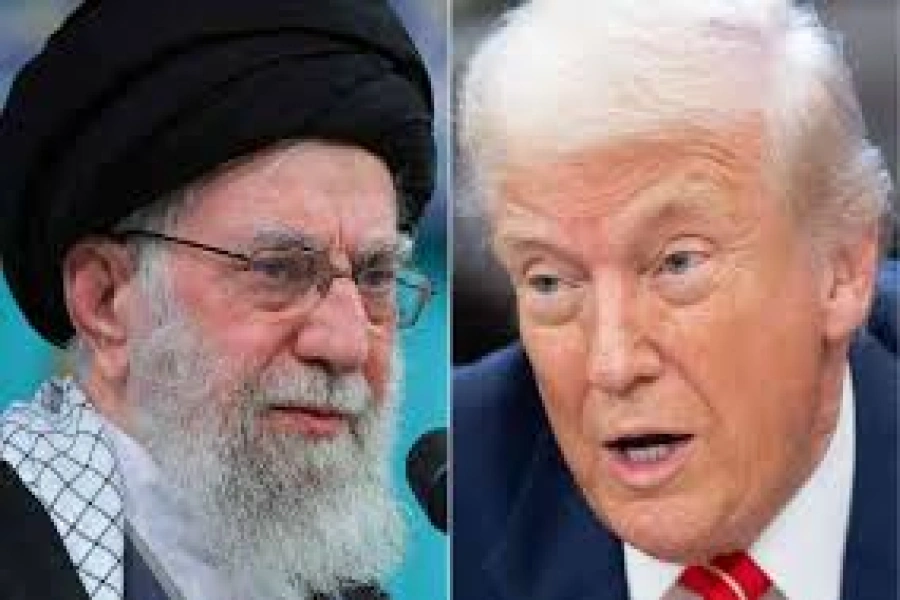KATHMANDU, June 29: Chief Minister of Koshi Province, Hikmat Kumar Karki complained that he had to suffer from load shedding. Addressing the 51st Annual General Meeting of the Industry Organization, Morang, in Biratnagar on Friday, Karki complained that he was also suffering from unannounced load shedding on a day-to-day basis.
Karki said that in case of pre-scheduled load shedding, alternative arrangements can be made, but unannounced load shedding is difficult to manage. “A lot of electricity is produced in Nepal. However, the daily load shedding is shocking. I am also experiencing load shedding frequently,” he said.
Unannounced load shedding hits industrial sector in Nepal

“I’m with the general public and I’m prepared to take initiative with the Federal Government and the Nepal Electricity Authority to solve the problem," said Karki. He also said that the provincial government will move forward by collaborating with the private sector. Karki claimed that the budget of the next Fiscal Year brought by the Koshi state government will also create an environment of cooperation between the government and the private sector.
Karki said, "The provincial government is all set to build the industrial exhibition venue that the industrialists want.” He added that there is a problem because the land is not available with the provincial government.
In the event, Rajendra Raut, president of the Koshi Province chapter of the Federation of Nepalese Chamber of Commerce and Industry, opined that the upcoming monetary policy needs to create an environment conducive for investment. He said that a monetary policy that promotes sustainability is necessary.
Former Governor of Nepal Rastra Bank, Chiranjeevi Nepal, opined that the province should consider industrialists as first-class citizens and formulate economic policies with the involvement of industrialists. Nepal argued that the country's economic situation will not improve if economic policies are not developed with the involvement of the private sector. "The country's economic situation cannot improve unless industrialists are involved in policy making and their interests are addressed," he said.







































